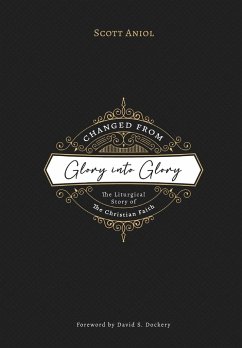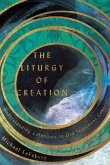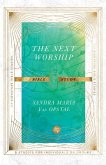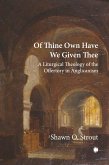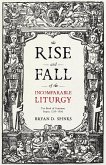Through tracing the liturgical history of the Christian faith from its foundation in Old Testament Israel through the early church, middle ages, Reformation, to the present, this book demonstrates that liturgy forms religion and religion forms liturgy. One of the best ways to truly understand what lies at the core of the Christian faith is by studying its worship, for corporate worship does something far more significant than many Christians recognize-public worship both reveals belief and forms belief. How a community worships-its content, its liturgy, and its forms of expression-reveals the underlying religious commitments of those who plan and lead the worship. Conversely, corporate worship forms the beliefs of the worshipers. Public worship is not simply about authentic expression of the worshipers; rather, how a church worships week after week progressively shapes their beliefs since those worship practices were cultivated by and embody certain beliefs. This is why it is so important for church leaders, and indeed all Christians, to carefully identify what kinds of beliefs have shaped their various worship practices so that they will choose to worship in ways that best form their minds and hearts consistent with their theological convictions. That is the goal of this book: studying worship in the Old and New Testaments will reveal how God deliberately prescribed worship that would form his people as he desires, and tracing the evolution of Christian worship from after the close of the New Testament to the present day will help elucidate how theological beliefs affected the worship practices Christians have inherited.

